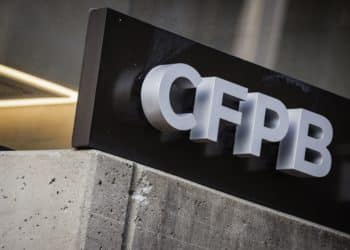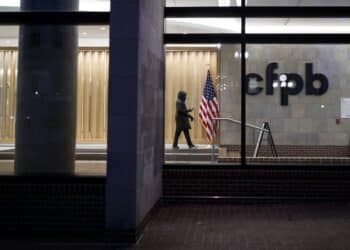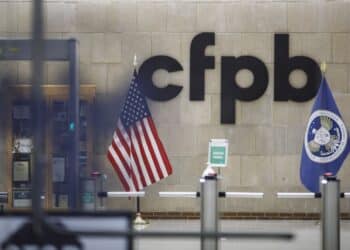How to Warn Consumers About Markups

The guidelines in question concern discretionary loan pricing, more commonly known as loan rate markups.
Melbourne, Fla.-based Space Coast Credit Union has started an aggressive new advertising and marketing campaign called “Expose the Truth” to educate consumers about markups, which it calls an “unfair” auto lending practice.
The two-part campaign began June 9 in South Florida with an opening teaser campaign, featuring pictures of blind-folded SCCU members and the message, “Only 21% know the truth, do you?” The full campaign, which followed on June 23 and will run through the end of August, uses the same SCCU members, this time with no blindfolds, sharing their testimony of how the credit union protected them from rate markups.
The “blindfold” ad is headlined, “SCCU Exposes the Truth About Unfair Auto Rate Markups.”
“If you’re buying a car or truck, you may be victimized by an unfair practice called a rate markup,” an accompanying infographic says. “Auto lenders charge you a higher interest rate than you qualify for, then pocket the difference with your hard-earned money. Don’t be a victim!”
In March 2013, the CFPB released a bulletin telling lenders who offer auto loans through dealerships that they are responsible for unlawful, discriminatory pricing that may result from dealer “discretion.” According to the CFPB, markup practices may lead to African Americans and Hispanics being charged higher markups than white consumers.
SCCU says it has “never participated in rate markups,” adding that it estimates it saved members $30 million in interest rates on auto loans last year and expects to do the same in 2014.
SCCU says that with a typical car purchase of $30,000, the consumer should pay $31,873 over the life of the loan. But with a marked-up auto loan, the borrower would pay $33,489, with the lender pocketing $1,616 over the life of the loan. The average rate markup is 2.5%, the credit union says, citing the Center for Responsible Lending.
The infographic also notes, in large bold type, that “the nation’s largest auto lender” – i.e., Ally Financial, which it mentions by name – was ordered last December by the CFPB to pay $80 million to borrowers for unfair rate markups and fined an additional $18 million in penalties.
In addition to the ads, the campaign leverages social media, including a Facebook page, and Twitter hashtag, (#ExposeTheTruth). There is also videos on SCCU’s YouTube channel.
“We view dealers as our business partners,” says María Valdés, express sales manager at the credit union. “As prudent business people, dealers understand that customer value comes from loyalty, and loyalty is built when the customer is treated right.”
SCCU pays its dealers fixed reserve fees, “but they know that we will not tolerate the arbitrary charging of a rate based on what we think we can get away with at the expense of the buyer,” Valdes said.
Chartered in 1951, $3 billion asset-Space Coast serves over 239,000 members through a network of 57 branches and over 100 ATMs in 14 Florida counties.
Space Coast isn’t the only credit union using fair lending rates as a marketing tool.
Starting July 1, Navy Federal, the nation’s largest credit union, began offering $100 to military members and their families who buy a car through Navy’s Auto Buying program, where members can shop for a new car and get a loan pre-approval before they walk into the showroom. The credit union says the program helps members avoid rate markups.
Using the program, members look for the vehicle they want, then locate a nearby dealer who is trained to deal with Navy members. Members can ask the dealer for the Navy Federal Value Sheet so they can see the savings the program price provides.
“We do the research for the members and all they have to do is show up to get the car they desire with their pre-approval letter in hand,” says Joe Pendergast, assistant vice president of consumer lending at Navy.
As recently as May, CFPB Director Richard Cordray praised indirect lender BMO Harris when it switched to a flat fee structure, which limits auto dealers influence over the finance pricing.
“It is encouraging to see BMO Harris taking this proactive step to protect consumers from discrimination,” CFPB Director Richard Cordray said. “When people go to buy a car, they should not have to worry whether they’ll pay more for their auto loan because of their race, gender, or ethnic background. The CFPB is committed to creating a fair marketplace for all consumers, and we recognize that many lenders share that commitment as well.”
A video from SCCU’s campaign is below.














